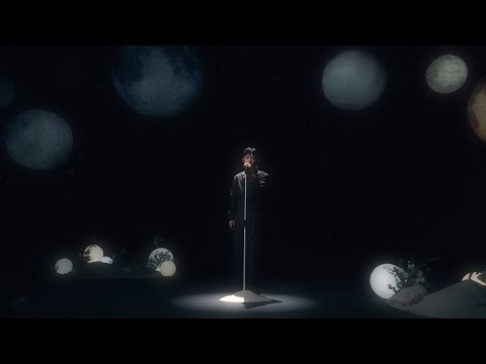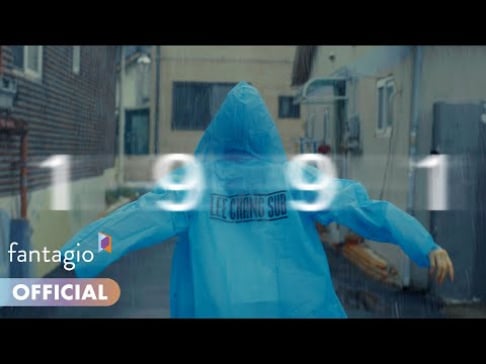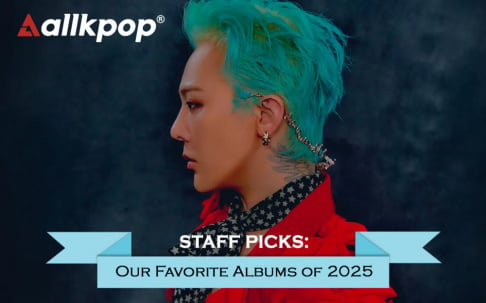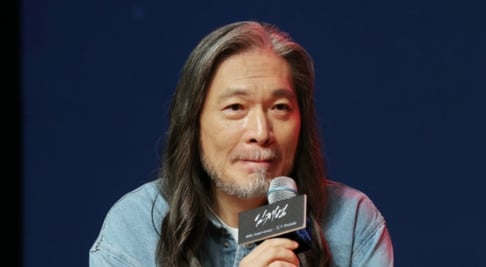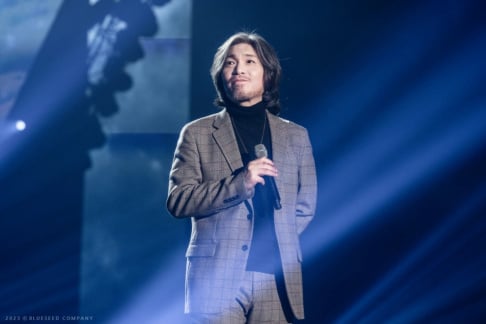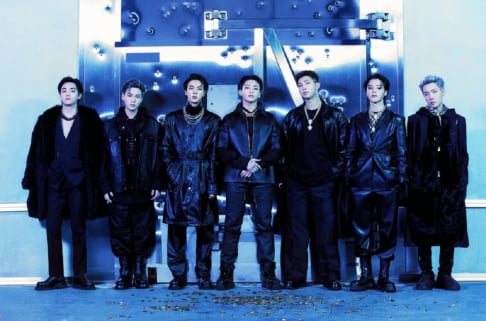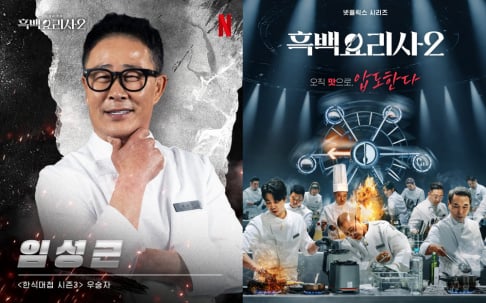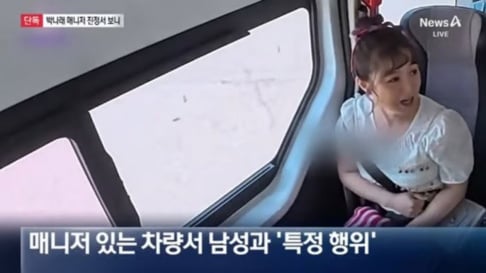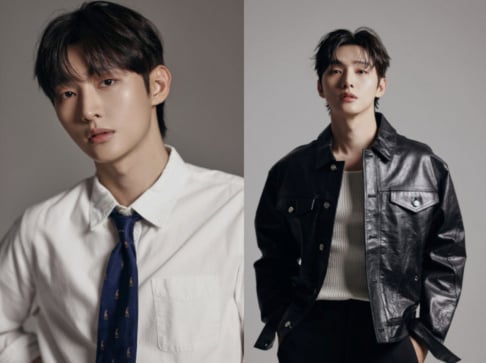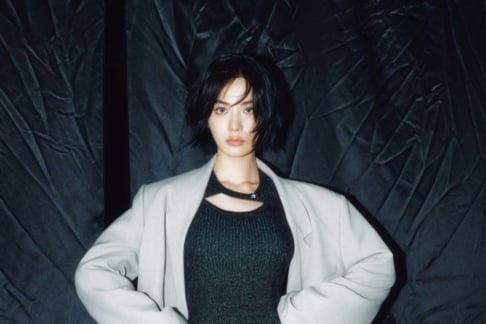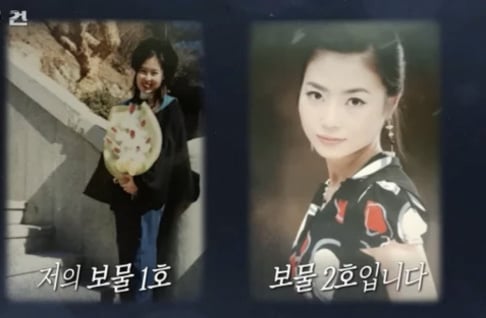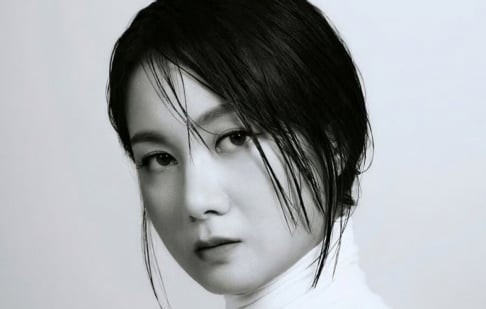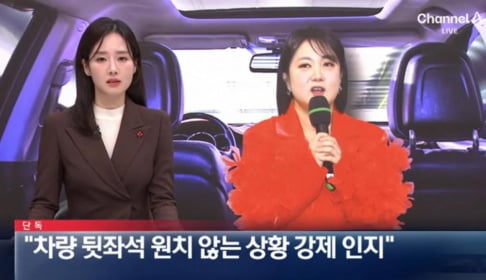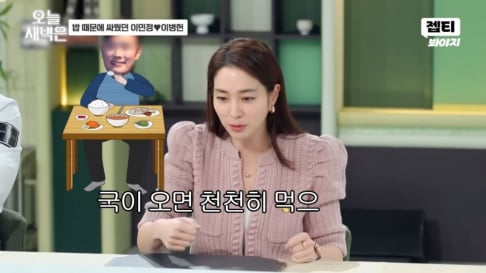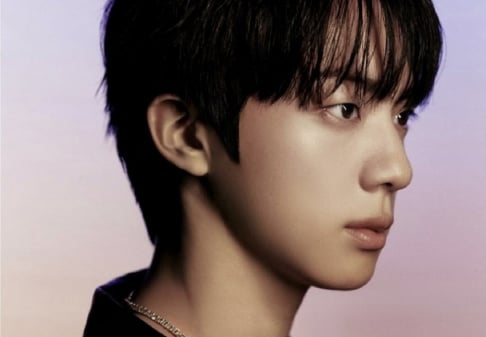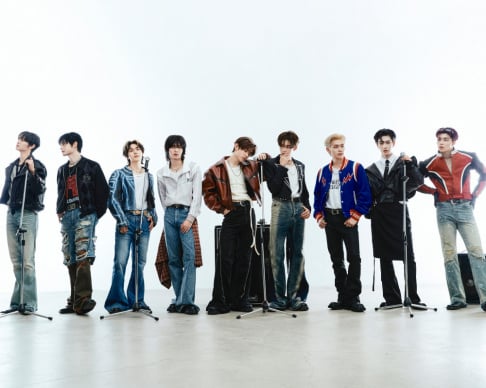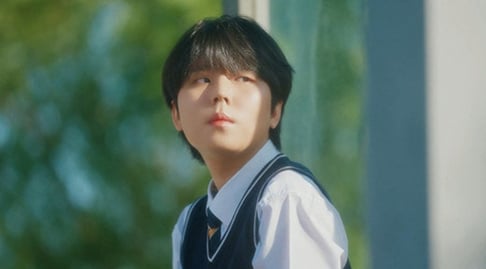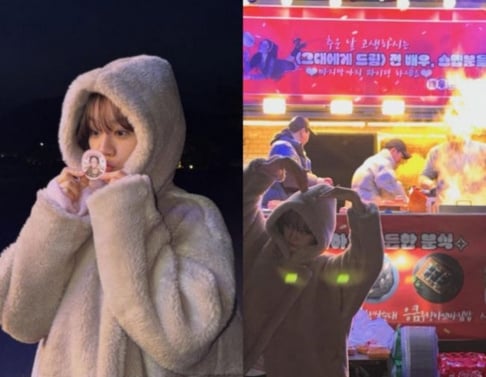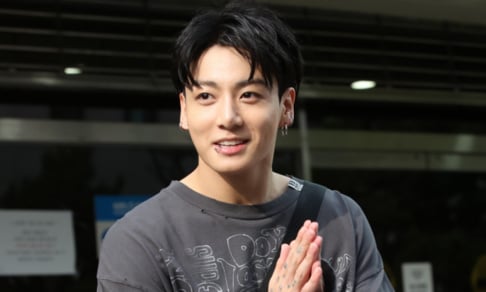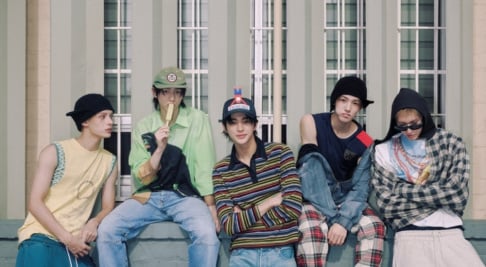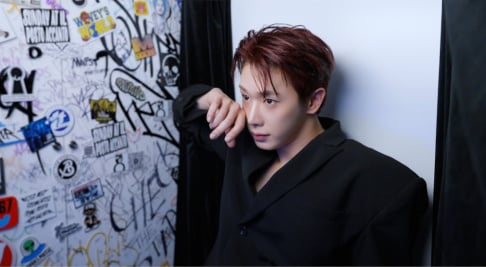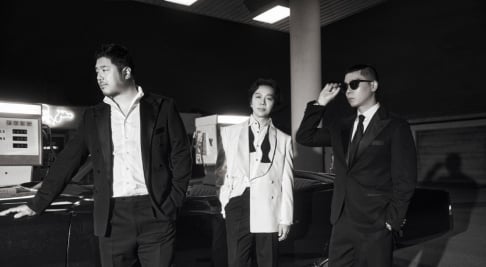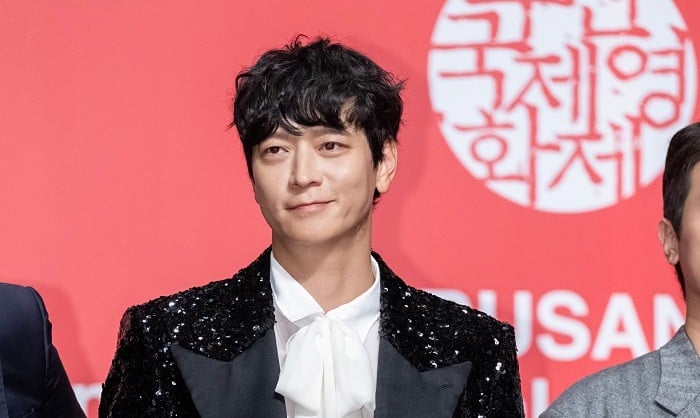
The 29th Busan International Film Festival (BIFF) kicked off with Netflix’s 'Uprising', a gripping film set against the backdrop of a tumultuous era revolving around a rigid class system.
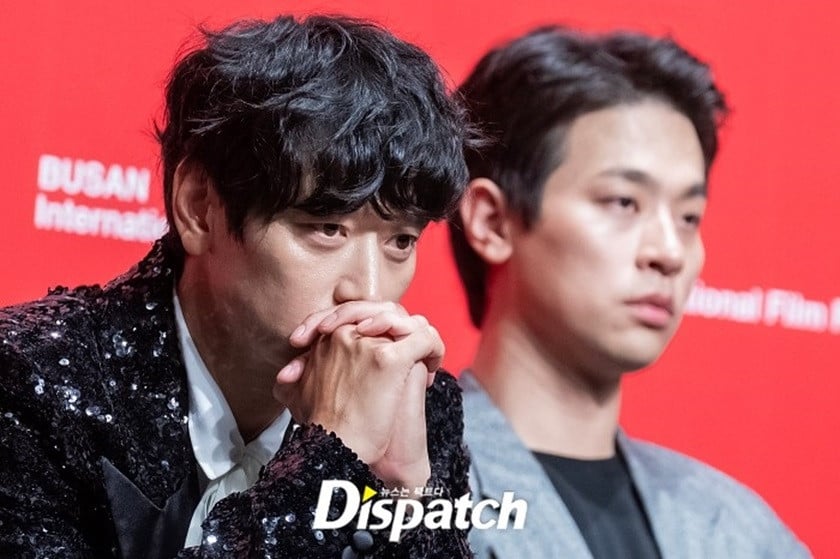
The film’s quality and artistic merit are unquestioned. However, the decision to feature an OTT (over-the-top) platform production as the festival’s symbolic opening film, which has traditionally highlighted theater films, has raised questions. This topic was heavily discussed during the press conference held that day.
Park Dosin, the acting executive director of BIFF, explained, “We chose this film because, regardless of the OTT platform, we felt it was something that must be shared with the audience. The level of completion was extraordinary.” He further emphasized, “Independent films remain a core pillar of the festival.”
Kim Sinrok, who plays Beomdong, added, “Our film will be released in 190 countries. If many people around the world love it, I believe that support will extend to the big screen, benefiting theater-released films as well.”
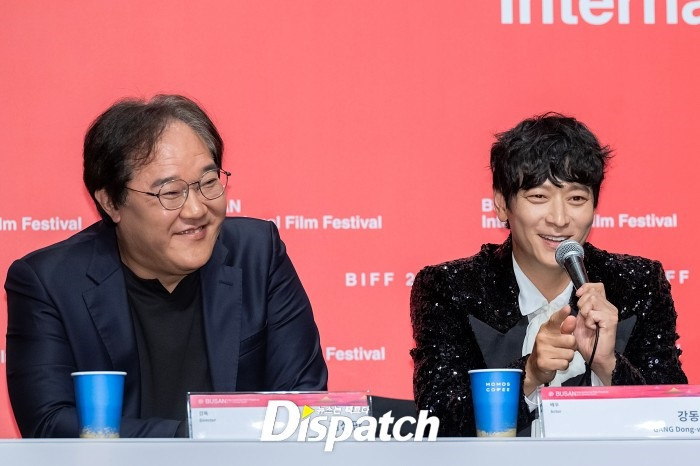
On the 2nd, a press conference for 'Uprising' (directed by Kim Sangman) was held at the Cultural Hall of Shinsegae Centum City in Busan, attended by actors Kang Dongwon, Park Jungmin, Cha Seungwon, Kim Sinrok, Jin Seonkyu, Jung Seongil, and acting executive director Park Dosin.
The film is set during the Imjin War and portrays a strict class system. It focuses on Jongryeo (played by Park Jungmin), the only son of a high-ranking military family, and Cheonyeong (played by Kang Dongwon), his servant.
Despite their different statuses, Jongryeo and Cheonyeong have been close companions since childhood. Cheonyeong longs to be freed from his servitude, and Jongryeo tries to help him. However, various circumstances cause their relationship to deteriorate.
After the slaves in Jongryeo’s household revolt, his entire family is killed. Jongryeo mistakenly believes that Cheonyeong led the rebellion and vows revenge. Cheonyeong becomes a militia soldier, while Jongryeo serves as the king’s bodyguard during the war. Ultimately, they face each other in a life-or-death confrontation, swords drawn.
Director Kim Sangman returned to filmmaking after a seven-year hiatus. He shared, “It’s been a while since I directed, so I was relieved to have my film chosen as the opening film for the Busan International Film Festival. I had a great time shooting it with the wonderful actors beside me.”
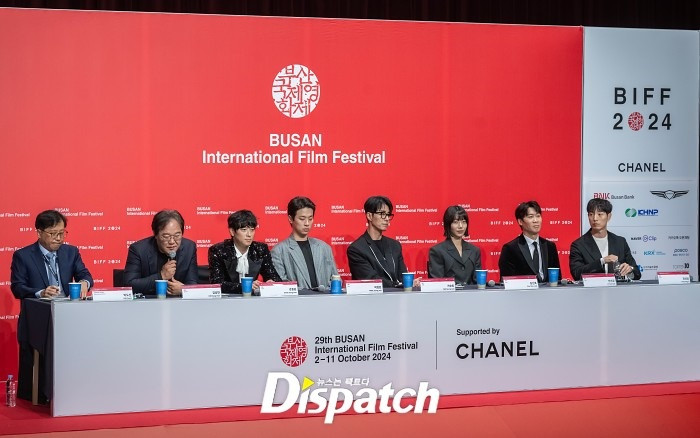
This project began with director Park Chanwook, who participated in the script from the early stages. The two directors first met during 'Joint Security Area' (2000), where Park directed and Kim worked as the art director. Park suggested that Kim take the helm for 'War and Chaos'.
Kim explained his motivation for directing the film, saying, “Although the characters live in the same era, each of them has different views on the class system. I found it fascinating how these perspectives were skillfully integrated into the story. Additionally, the film’s approach of depicting only the events before and after the seven critical years of the Imjin War felt refreshingly unique.”
Park Chanwook gave detailed guidance throughout the process. Kim expressed, “He’s like a mentor to me. Even with his busy schedule, he meticulously reviewed the script and the adaptation, offering specific feedback.”
Park also visited the set and provided acting tips directly to Kang Dongwon. Kang recalled, “There was a scene where I had to say, ‘Jangwongeupje’ (first-place scholar). After doing the take, he pointed out that ‘Jangwon’ should be pronounced with a long vowel instead of a short one. I still remember that.” Kim added, “After that, Kang checked every long and short vowel in his lines. I thought both of them were incredible.”
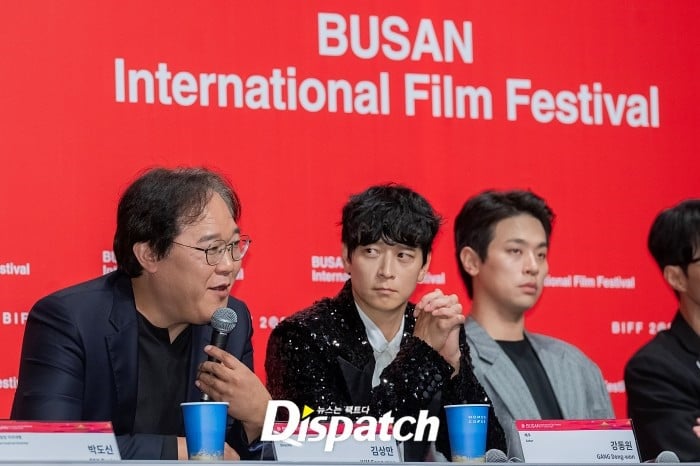
Kang Dongwon embraced the challenge of playing a servant, letting his messy hair loose and spitting out rough words as he freely roamed the screen. His signature sword-fighting action scenes were also displayed to the fullest. “Playing a nobleman comes with many restrictions. You have to be cautious with your words, emotions must be controlled, and you must maintain a sense of dignity,” Kang explained. “That’s why I was thrilled when I got the role of a servant. It was liberating.”
He continued, “I tried to express more emotions than I have with other characters. Even the action sequences felt more uninhibited. I performed the sword-fighting scenes with a sense of freedom, without making rigid cuts.”
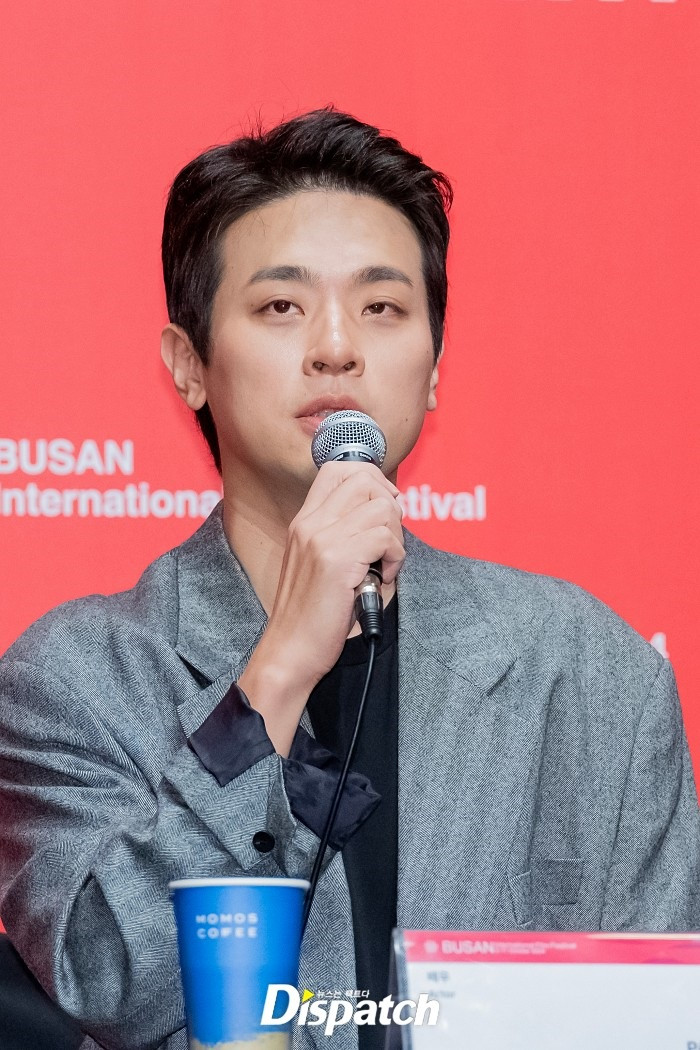
Park Jungmin, on the other hand, delivered a complex performance. Though his character is warm-hearted, he turns cold due to misunderstandings and engages in sword-fighting action scenes that are distinct from Cheonyeong’s style. “I wanted my swordsmanship to contrast with Cheonyeong’s. My character, having honed his skills over seven years while guarding the king, wields a heavier and larger sword, swinging it in wide arcs above his head,” Park explained.
The relationship between the two characters is a key point in the film. Despite viewing each other as companions beyond social status, misunderstandings lead them to aim their swords at one another, mixing hatred and affection at the blade’s tip.
The climax features a thrilling battle scene between Cheonyeong, Jongryeo, and an enemy commander (played by Jung Seongil), releasing seven years of pent-up emotions amidst a foggy backdrop.
Director Kim remarked, “It was difficult to choreograph the action where all three characters are facing each other. I used ‘The Good, the Bad, the Weird’ as a reference, but the nature of sword-fighting is different from gunplay.” He added, “I set the fight in the fog to convey a sense of confusion as the characters switch opponents. The fog clears at the moment when the seven years of resentment are resolved, creating a powerful lead-up to the finale.”
With its grand scale, exhilarating action sequences, and multi-dimensional characters, the film was selected as the first OTT production to open the 29th BIFF. However, concerns have been raised about whether the festival is losing its identity, as it has traditionally featured independent films as its opening piece.
Park Dosin addressed this, stating, “This was a work that felt suitable for a broader audience. I saw it as a risk worth taking. But our commitment to independent films remains unchanged.”
He added, “Personally, I found it entertaining. I’ve seen many commercial films, and the level of completion is very high. There’s no deeper meaning behind it.”
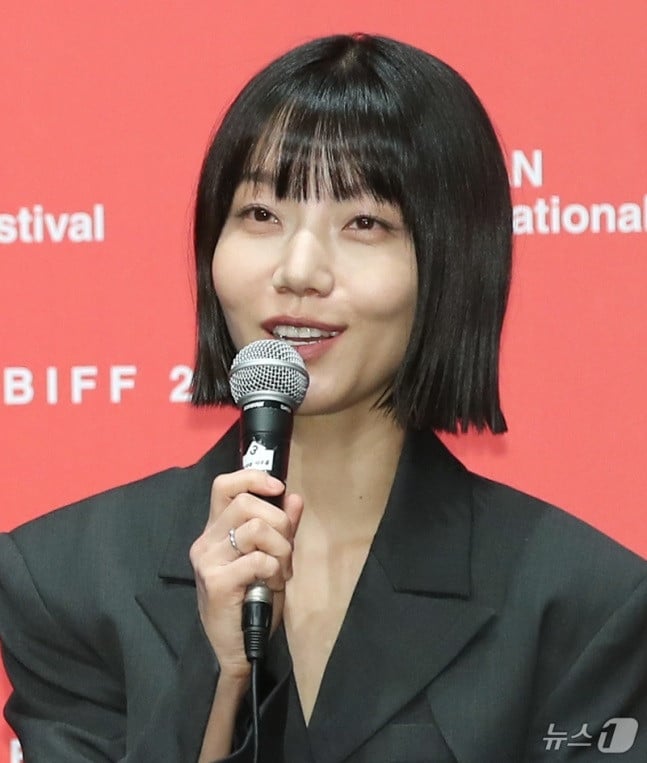
Kim Sinrok emphasized, “Our film will be shown in 190 countries. If it’s well-loved in various countries, I believe that support will also benefit films that are screened in theaters.”
Park Jungmin concluded, “The staff and actors are still working tirelessly to make films. As long as we continue that effort, more filmmakers will bring great films to prestigious festivals like this one.”
'Uprising' will be released globally on Netflix on October 11th.
SEE ALSO: Girl's Day's Minah shares more post-marriage updates with subtle changes in appearance
 SHARE
SHARE
